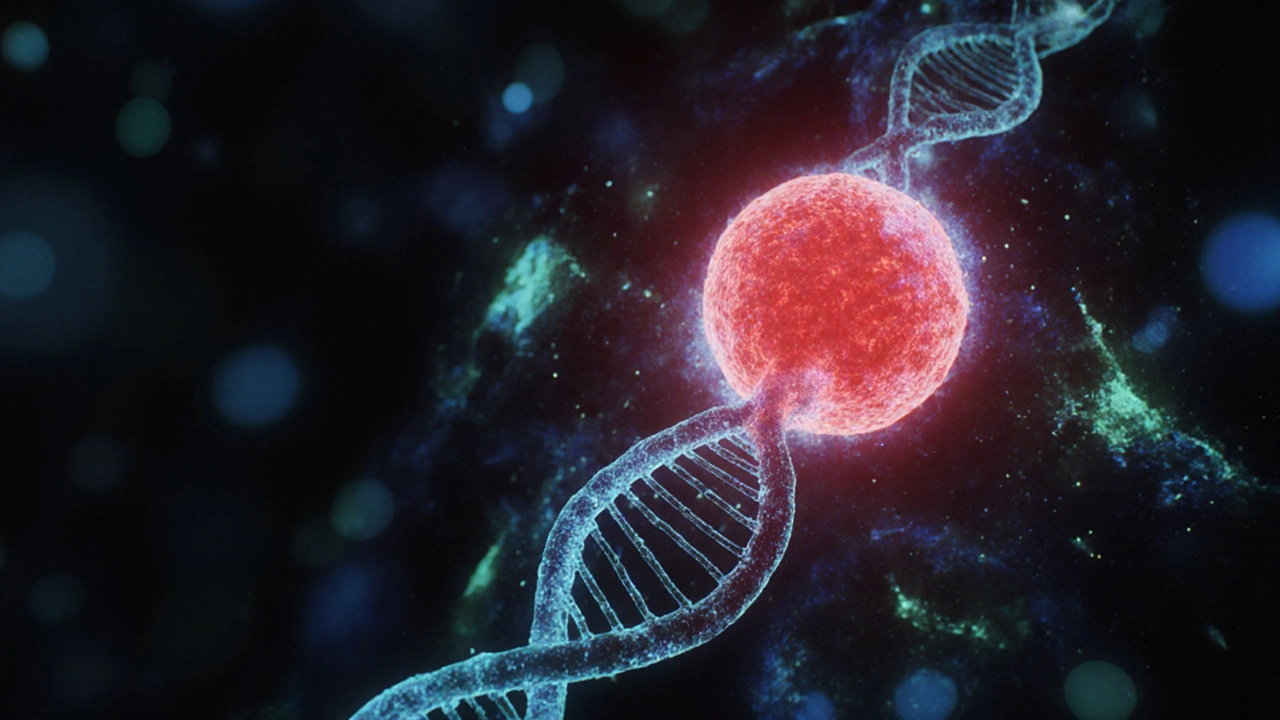Alkylating Agents: What They Are, How They Work, and What You Need to Know
When doctors talk about alkylating agents, a class of chemotherapy drugs that directly damage DNA to stop cancer cells from multiplying. Also known as cytotoxic drugs, they’ve been used for over 70 years and still form the backbone of many cancer treatment plans today. Unlike newer targeted therapies that go after specific proteins, alkylating agents work like molecular wrecking balls—they attach chemical groups to DNA strands, causing breaks and errors that make cancer cells self-destruct. This brute-force approach is why they’re effective against fast-growing tumors, but also why they hit healthy cells too.
These drugs don’t pick and choose. They go after any rapidly dividing cell, which is why side effects like hair loss, low blood counts, and nausea are common. But that’s also why they’re still essential: some cancers, like lymphoma, leukemia, and certain types of ovarian or lung cancer, respond better to alkylating agents than anything else. Drugs like cyclophosphamide, a widely used alkylating agent often prescribed for autoimmune diseases and cancers, or temozolomide, a brain cancer drug that crosses the blood-brain barrier, are examples you might hear about in treatment plans. Even though newer drugs exist, alkylating agents remain a go-to because they’re reliable, affordable, and work in combination with radiation or other chemo drugs.
What most people don’t realize is that these drugs aren’t just for active cancer. Some are used to suppress the immune system in autoimmune disorders like lupus or severe rheumatoid arthritis. That’s because they don’t just kill cancer—they quiet overactive immune cells too. But this power comes with long-term risks: alkylating agents can increase the chance of secondary cancers years later, which is why doctors carefully weigh the benefits against the potential downsides. If you’re on one of these drugs, your team will monitor your blood counts, liver function, and overall health closely.
The posts you’ll find here don’t just list drug names—they explain what’s really happening in your body when you take these medications. You’ll see how they compare to other treatments, what side effects to watch for, and how patients manage life during and after therapy. Whether you’re a patient, caregiver, or just trying to understand a loved one’s treatment, this collection gives you the real, no-fluff facts about alkylating agents and how they fit into modern cancer care.

Alkeran (Melphalan) vs. Other Alkylating Chemotherapies: A Practical Comparison
Finnegan O'Sullivan Sep 26 14A detailed look at Alkeran (Melphalan), its mechanism, clinical uses and how it stacks up against common chemotherapy alternatives in efficacy, safety and cost.
More Detail